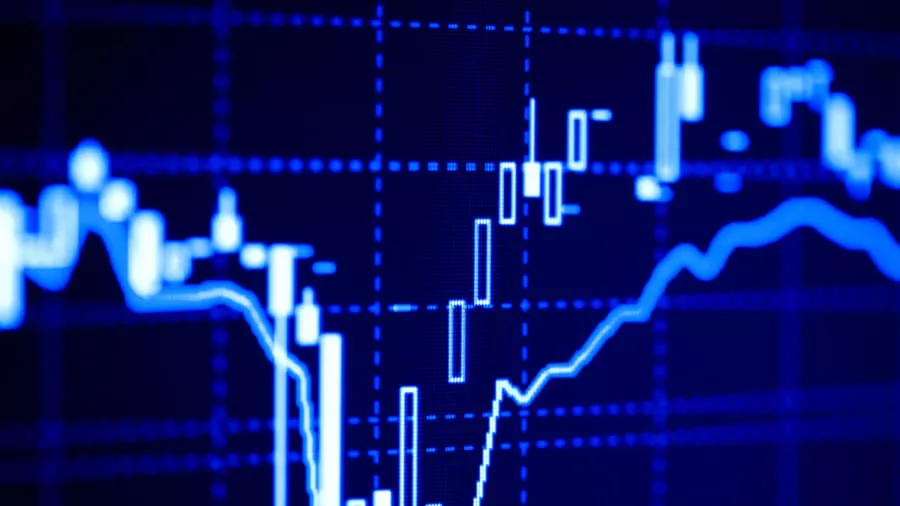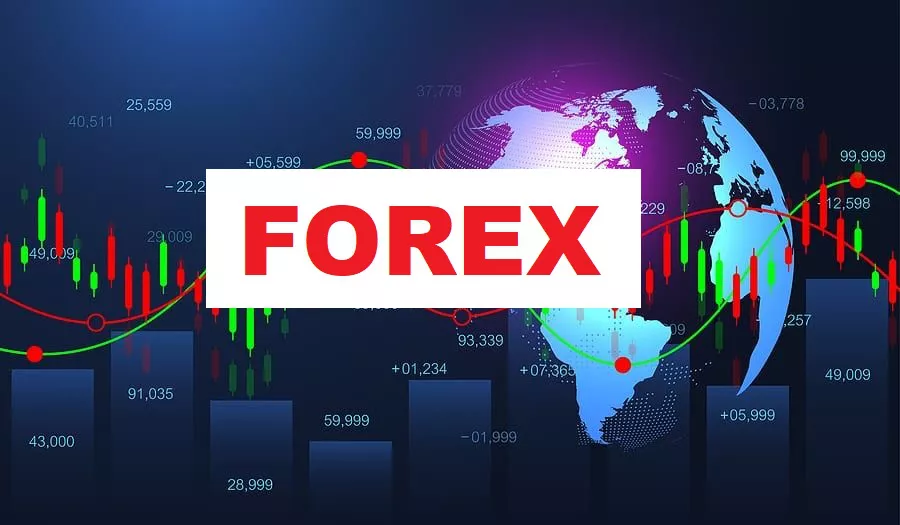Japanese stocks experienced a notable rebound on Friday, buoyed by a robust performance on Wall Street overnight. This surge provided a hopeful conclusion to what has been one of the most tumultuous weeks in Tokyo market history.
The Topix index, which reflects the broader Tokyo market, climbed approximately 1.5 percent on Friday. This gain was mirrored by the Nikkei 225 and echoed throughout the Asia-Pacific region. The Japanese yen, which had significantly impacted Tokyo shares earlier in the week due to a Bank of Japan rate hike, remained relatively stable at around 147.3 yen against the dollar.
US Market Boosts Global Sentiment
On Thursday, US equities posted their strongest daily gain since November 2022. This was driven by a decline in US unemployment claims, which alleviated concerns about a potential economic slowdown. This positive development in the US market played a crucial role in restoring confidence globally.
Traders have identified ongoing concerns about the US economy as a major influence on market sentiment. A recent negative jobs report had intensified fears of a recession, leading to a historic sell-off in Tokyo shares on Monday, which saw a 12 percent drop in major Japanese stock indices.
However, by Tuesday, the market had rebounded significantly, achieving its largest single-day gain since 2008. As of Friday’s close, the Topix had recovered to only 1.5 percent below its level from the previous week.
Recovery Fueled by Corporate Confidence
The recovery in Japan’s market was attributed to strong corporate earnings, share buybacks, and improved corporate governance, according to Naoya Fuji, equity strategist at Nomura. Fuji cautioned that if market conditions continue to improve, there could be concerns about the Bank of Japan potentially resuming a more aggressive monetary policy stance.
US and Asian Markets Follow Suit
On Thursday, the benchmark S&P 500 index rose by 2.3 percent, marking its best performance in nearly 21 months. The technology-heavy Nasdaq Composite also saw a significant increase of 2.9 percent, its largest daily gain since February. This rally helped recover some of the losses incurred earlier in the week.
Asian markets mirrored these gains. Hong Kong’s Hang Seng index increased by 2 percent, Korea’s Kospi climbed 1.5 percent, and Taiwan’s TWSE rose by 3 percent, driven by a rally in semiconductor stocks led by TSMC.
Positive Employment Data Eases Market Concerns
The upturn in market sentiment was further supported by US labor market data. New applications for unemployment aid, a proxy for job cuts, fell to their lowest level in a month. Kristina Hooper, chief global market strategist at Invesco, noted that the reduction in jobless claims was a reassuring sign following last week’s market volatility.
Initial state unemployment claims for the week ending August 3 were reported at 233,000, down from the previous week’s revised figure of 250,000 and below economists’ expectations of 240,000.
Market Volatility and Future Outlook
Last week’s payrolls report, which showed only 114,000 new jobs added in July compared to expectations of 175,000, contributed to sharp declines in share prices and a surge in government bond prices. This data had initially led to increased speculation that the Federal Reserve might soon lower interest rates.
The VIX index, known as Wall Street’s “fear gauge,” briefly spiked above 60 on Monday before retreating. On Thursday, the index was around 24, but despite Friday’s gains, the S&P 500 remained approximately 2.3 percent below its level from the previous week.
Tim Murray, multi-asset strategist at T. Rowe Price, described the recent positive employment report as a significant surprise following a series of negative economic indicators. Hooper from Invesco highlighted that while the markets are in a period of recovery, uncertainties remain, particularly concerning Federal Reserve policy.
Looking ahead, Murray pointed out that upcoming earnings reports, particularly from Nvidia, could influence market dynamics. Nvidia’s second-quarter results, expected later this month, may provide insights into the broader AI infrastructure sector and potentially energize the market further.
Overall, while the market has shown signs of recovery, the path forward remains uncertain, with ongoing concerns about economic indicators and Federal Reserve policies continuing to influence investor sentiment.
Related topics:
























